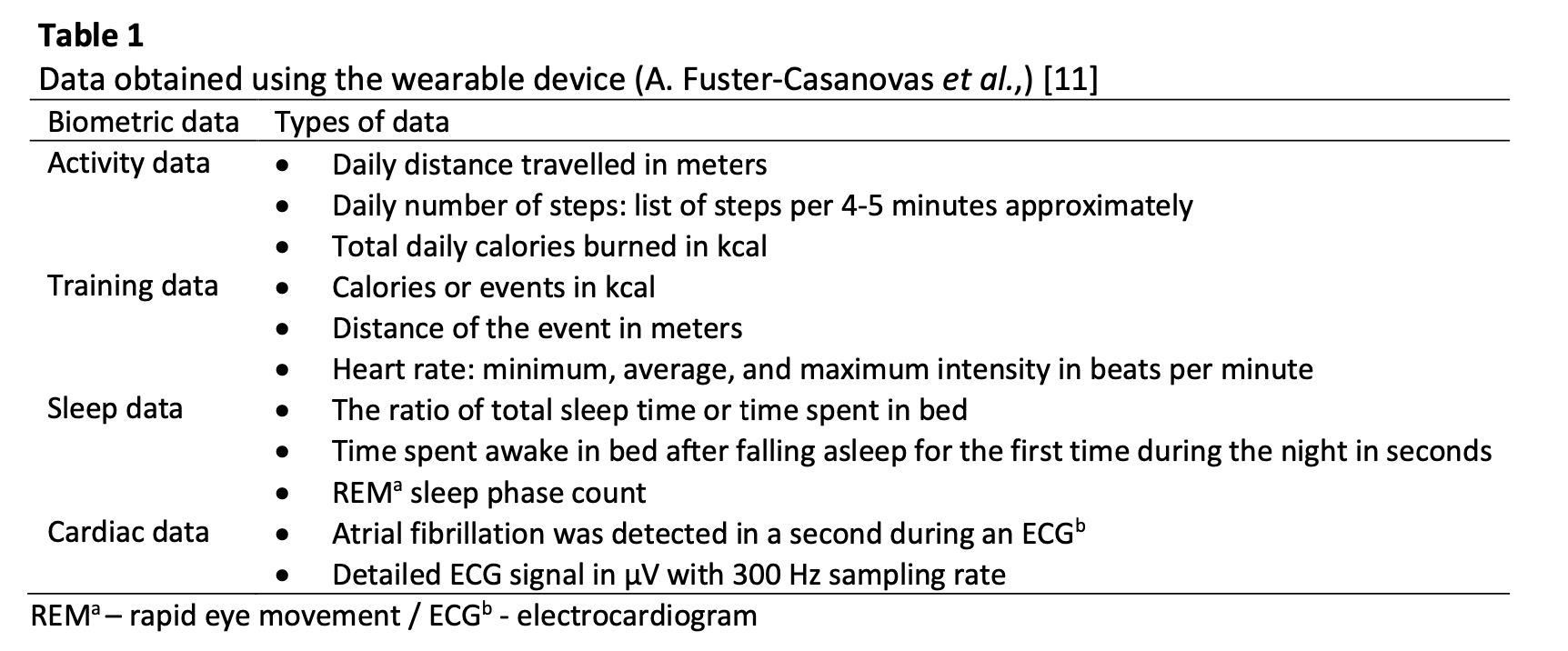Current Approaches of Artificial Intelligence (AI) in Leading Behavioural Change: The Latest Review
DOI:
https://doi.org/10.37934/araset.34.3.143155Keywords:
Artificial intelligence, Behavioural change, AIAbstract
Digital health is plagued by low interest and adherence, but research suggests improvements are possible. Non-health care, for-profit digital enterprises like LinkedIn, Twitter, and Facebook undertake behavioural experiments to enhance user engagement. Today, everyone is impacted by commercial determinants of health, and the selection of unhealthy options compounds economic, social, and racial disparities that already exist. However, healthcare providers tend to prioritize pharmacological approaches at the expense of influencing patients’ actions. Thus, it is crucial to ensure that artificial intelligence (AI) is integrated as well as applied within the systems to improve related fields. Both Scopus and Web of Science (WoS) have indexed the previously examined body of work in their respective databases. This review is going to be divided into three different themes: (1) health, (2) education, and (3) other fields. This paper aims to analyse the existing data or outcomes via analysis, categorization, comparison, and summary. It also may uncover research gaps and explore field possibilities. This review included English-language research and literature from 2022. This study summarises current approaches of Artificial Intelligence (AI) in leading behavioural change from different fields of literature.
Downloads





























